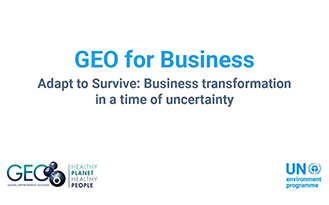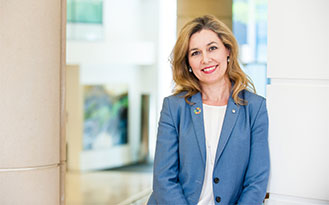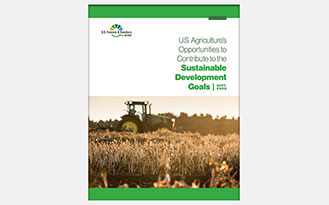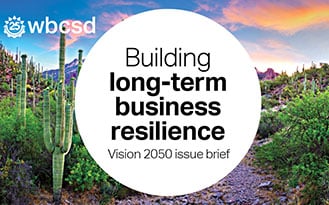
As a founding member of the World Business Council for Sustainable Development (WBCSD), ERM along with 40 other leading global companies, set out “Vision 2050: Time to Transform” a framework providing nine pathways to action across industries to ensure a more sustainable and prosperous future.
The world faces three critical challenges: the climate emergency, nature loss and mounting inequality. The COVID-19 pandemic has illustrated that these challenges are interconnected, and that our systems are ill-prepared for shocks. As global risks continue to build, business leaders are rallying behind a bold and urgent transformation agenda developed by the WBCSD, a CEO-led organization of over 200 leading companies.
Using the latest science and expert inputs, the WBCSD has developed a comprehensive and practical framework that can guide many of the most important functions within your organization in their support of accelerating transformation and unlocking opportunities to address these challenges.
ERM is a founding member of the WBCSD and ERM’s Global Director of Sustainability Linden Edgell was seconded to the project to lead the Regional Engagement Program. ERM experts in locations including India, Australia, Colombia, Japan, South Africa, Brazil, North America and South-east Asia participated in the engagement program alongside clients and other key stakeholders.
The SustainAbility Institute by ERM also co-authored one of the Issue Briefs for Vision 2050 on Building long term business resilience.
“Vision 2050: Time to Transform should not be read with the idea that tomorrow is going to be much the same as today. This is a report for change, starting now, outlining how business needs to play a leading role. We have no time to waste. Achieving this vision requires a wholesale transformation of everything we have grown up with: energy needs to decarbonize; materials need to go circular; food needs to be produced sustainably and equitably and provide healthy diets”, said WBCSD President and CEO Peter Bakker. “Our future depends on transformation. One of the keys to success will be a mind-set shift around capitalism. Our economic systems, incentives, global accounting standards and capital market valuations can no longer just be based on the financial performance of businesses: we must integrate our impact on people and planet as part of how we define success and determine enterprise value.”
ERM Group CEO and Vice-Chair of the WBCSD’s Executive Committee Keryn James: “Running our businesses well into the future requires us to shift the way we think about business resilience. Vision 2050 underlines how companies must recognize that they are only as resilient as the ecosystems, communities, economies, and societies they operate in, and that true resilience isn’t about withstanding change but instead embracing it.”
The vision and transformation pathways are aligned with the Sustainable Development Goals (SDGs) and the targets of the Paris Agreement. Each of the nine transformation pathways contains 10 action areas for the decade ahead, designed to help companies drive transformative change in their strategies, business operations and impact on society. Learn more
 View all
View all 


